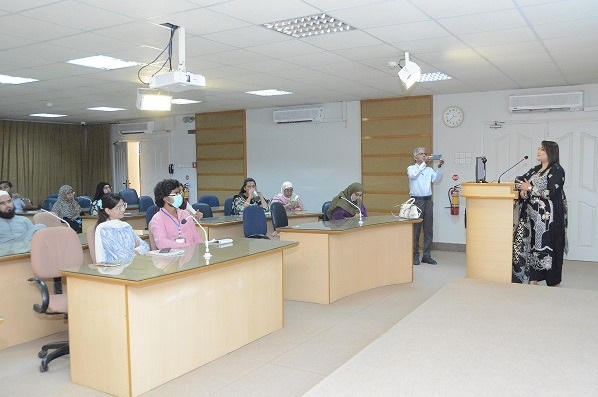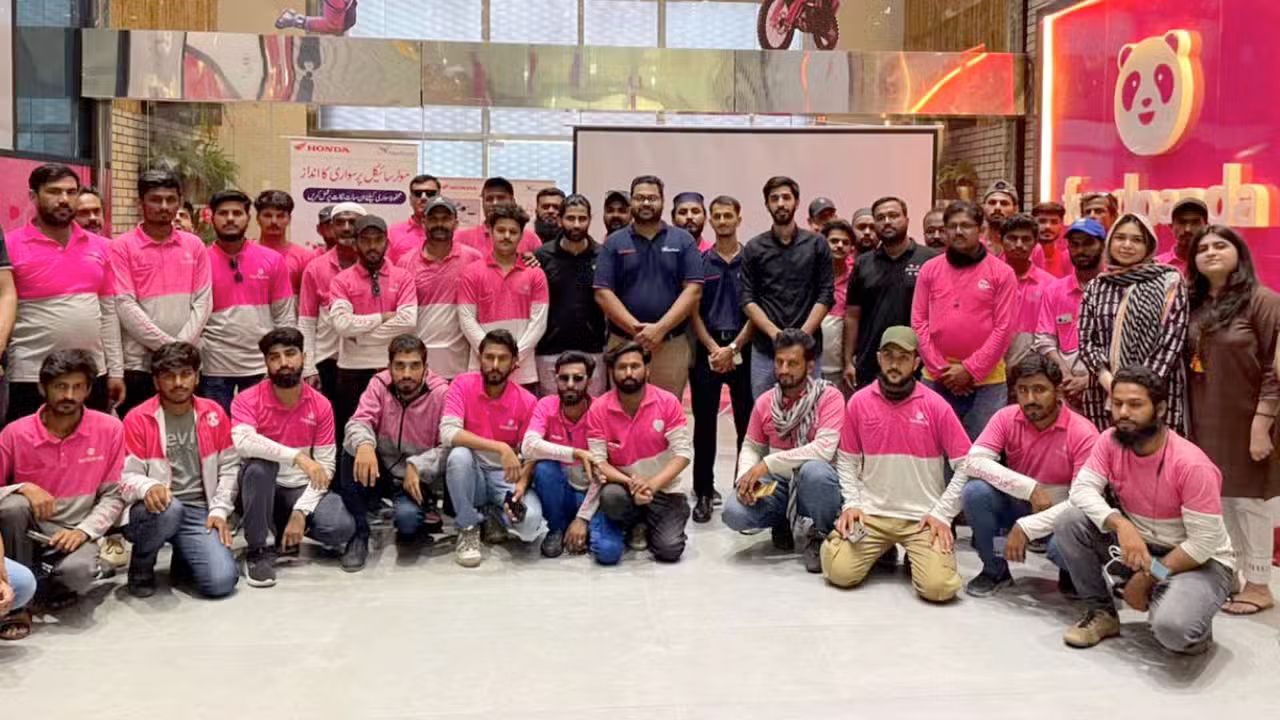A health expert at a seminar warned that the large-scale handling and slaughter of animals during Eid-ul-Adha increase the risk of transmission of zoonotic diseases—those that spread from animals to humans—as well as gastrointestinal infections.
Read More: Federal Health Minister Backs Nationwide Rollout of EZShifa’s Digital Clinic Telemedicine Initiative
She emphasized that awareness, proper hygiene, veterinary supervision, and community cooperation are vital to minimizing risks and ensuring the safety of the community during the festival.
Dr. Saman Nadeem, Consultant Clinical Microbiologist and Section Head of Microbiology at the National Medical Centre, Karachi, expressed these views while speaking at a public awareness seminar entitled “Gastrointestinal Infections and Zoonotic Diseases Associated with Eid-ul-Adha: Risks, Prevention, and Management.” The seminar was organized by the Dr. Panjwani Center for Molecular Medicine and Drug Research (PCMD), University of Karachi, and held at the LEJ National Science Information Center on Thursday.
The event was jointly organized by the Dr. Panjwani Center for Molecular Medicine and Drug Research and the Sindh Innovation, Research, and Education Network (SIREN). Health professionals, students, research scholars, staff, and members of the general public attended the seminar.
Dr. Saman Nadeem highlighted that while Eid-ul-Adha holds great cultural and religious significance, it also poses public health challenges, particularly in relation to gastrointestinal infections and zoonotic diseases.
She noted that the increased risk of gastrointestinal infections during Eid-ul-Adha should be a matter of serious concern. Improper hygiene practices during animal slaughter and food preparation can lead to foodborne illnesses, while consuming raw or undercooked meat can expose individuals to various pathogens. She added that the risk of gastrointestinal infections increases during the Eid days due to close contact with animals, contamination of hands and surfaces during the slaughtering process, inadequate hygiene, and the consumption of undercooked meat.
Discussing zoonotic diseases, Dr. Saman said that anyone can be affected, including healthy individuals. However, certain groups—children under five, adults over 65, people with weakened immune systems, and pregnant women—are at a higher risk of developing serious illness from such diseases.
She urged citizens to adopt preventive strategies before, during, and after animal slaughter, and to use separate knives and cutting boards for raw meat and vegetables to prevent cross-contamination.
Dr. Saman also stressed that awareness, proper hygiene, veterinary supervision, and community cooperation are crucial to reducing risks and ensuring the health and safety of the community during the festival.
She advised the public to avoid overeating and to follow a balanced diet, especially during the Eid feast, to prevent health-related issues.
Additionally, Dr. Saman warned citizens to remain vigilant against Crimean-Congo Haemorrhagic Fever (CCHF)—a viral haemorrhagic fever transmitted through tick bites or contact with infected animal blood.




